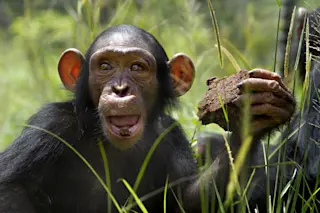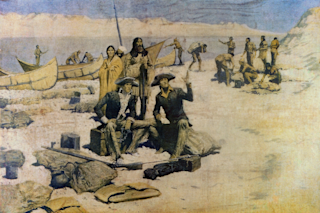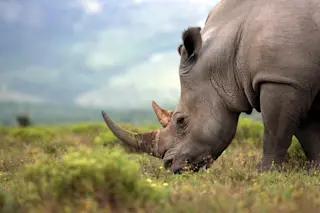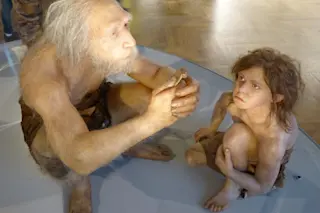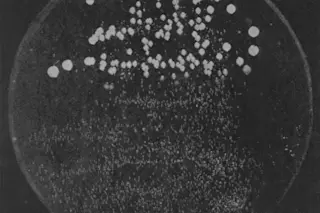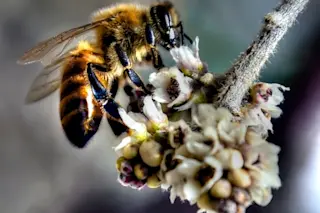Few molecules have a reputation as glowing as that of oxytocin. Often billed as the “love hormone” or “cuddle hormone”, oxytocin has been linked to virtually every positive aspect of human behaviour, including trust, social skills, empathy, generosity, cooperation, and even orgasm. And to this extensive list, we can now add racial and cultural bias. Despite its misleading labels, oxytocin has a dark side. Just two months ago, Jennifer Bartz showed that it can make people remember their mothers as less caring and more distant if they themselves are anxious about social relationships. Carolyn H. Declerck found that oxytocin makes people more cooperative in a social game, if they had met their partner beforehand. If they played with an anonymous partner who they knew nothing about, oxytocin actually made them less cooperative. “Oxytocin does not unconditionally support trust,” she says. Now, Carsten de Dreu from the University of Amsterdam has ...
No love for outsiders - oxytocin boosts favouritism towards our own ethnic or cultural group
Discover the complexities of the love hormone oxytocin, revealing its influence on bias and social behavior beyond affection.
ByEd Yong
More on Discover
Stay Curious
SubscribeTo The Magazine
Save up to 40% off the cover price when you subscribe to Discover magazine.
Subscribe






